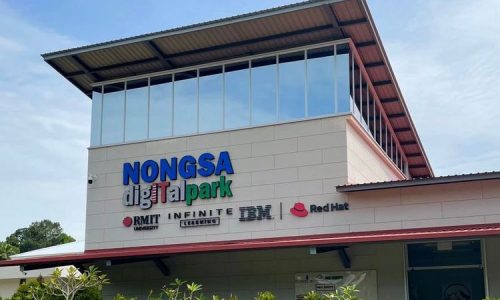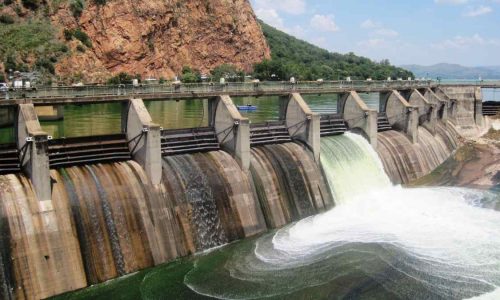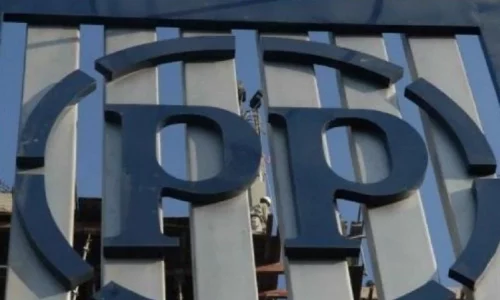The government is expanding access to carbon capture and storage (CCS) activities beyond the oil and gas working area (WK), designating the Upstream Oil and Gas Regulatory Task Force (SKK Migas) as the regulator for future CCS activities. The additional role of SKK Migas will be regulated in a Presidential Decree which is expected to be completed this month.
Jodi Mahardi, Deputy for Maritime Sovereignty and Energy Coordination at the Coordinating Ministry for Maritime Affairs and Investment, said that the expanded sector will allow industries outside oil and gas to participate in transactions through the CCS scheme domestically and transboundary between countries.
“So, there will be more sectors, such as iron and steel, glass, and smelters that can use it,” Jodi told a press conference in Jakarta on Tuesday, January 23, 2024.
On the other hand, Jodi explained that SKK Migas was appointed as the regulator in that broad CCS market because the carbon capture business and operation scheme is more similar to oil and gas activities.
“The presidential decree gives the mandate to SKK Migas because from a technical safety perspective, the concept is similar to those oil and gas, where it injects gas into the ground instead of extracting gas,” he said.
According to a research by the Boston Consulting Group (BCG), the market value of CCS is projected to reach US$134 billion by 2030, which derives from storage, transportation, and carbon capture activities.
Furthermore, the CCS transaction value is estimated to soar to US$440 billion by 2040, a 26 percent increase from the 2020 level of US$4 billion.
As earlier reported, Minister of Energy and Mineral Resources Arifin Tasrif revealed last year that many top-tier oil and gas companies, such as BP, ExxonMobil, and Chevron, want to become operators of several carbon storage reservoirs in Indonesia. Arifin said that the interest of several global oil and gas companies was triggered by the significant carbon storage capacity of several depleted oil and gas fields.
Based on studies conducted by Lemigas at the Ministry of Energy and Mineral Resources and other studies, Indonesia has a storage potential of approximately 2 gigatons of CO2 in depleted oil and gas reservoirs spread across several areas and about 10 gigatons of CO2 in saline aquifers in West Java and the South Sumatra Basin.
Other studies, conducted by ExxonMobil, estimate a much larger storage potential of around 80 gigatons of CO2 in saline aquifers, while a study by Rystad Energy estimates over 400 gigatons of CO2 in Indonesian oil and gas reservoirs and saline aquifers.
“We can engage in trade, if you want to store, you pay, for example, Japan, Korea have programs to store 100 million tons of liquid CO2 every year, if carbon prices are estimated at US$60 to US$100 per year, we can potentially earn foreign exchange from those 400 gigatons,” Arifin said.
Furthermore, Arifin added, that Indonesia has the potential to utilize only 25 percent of the carbon storage reservoirs until 2060. The rest, he said, can be used as hubs for trading with several other countries that lack such facilities.









